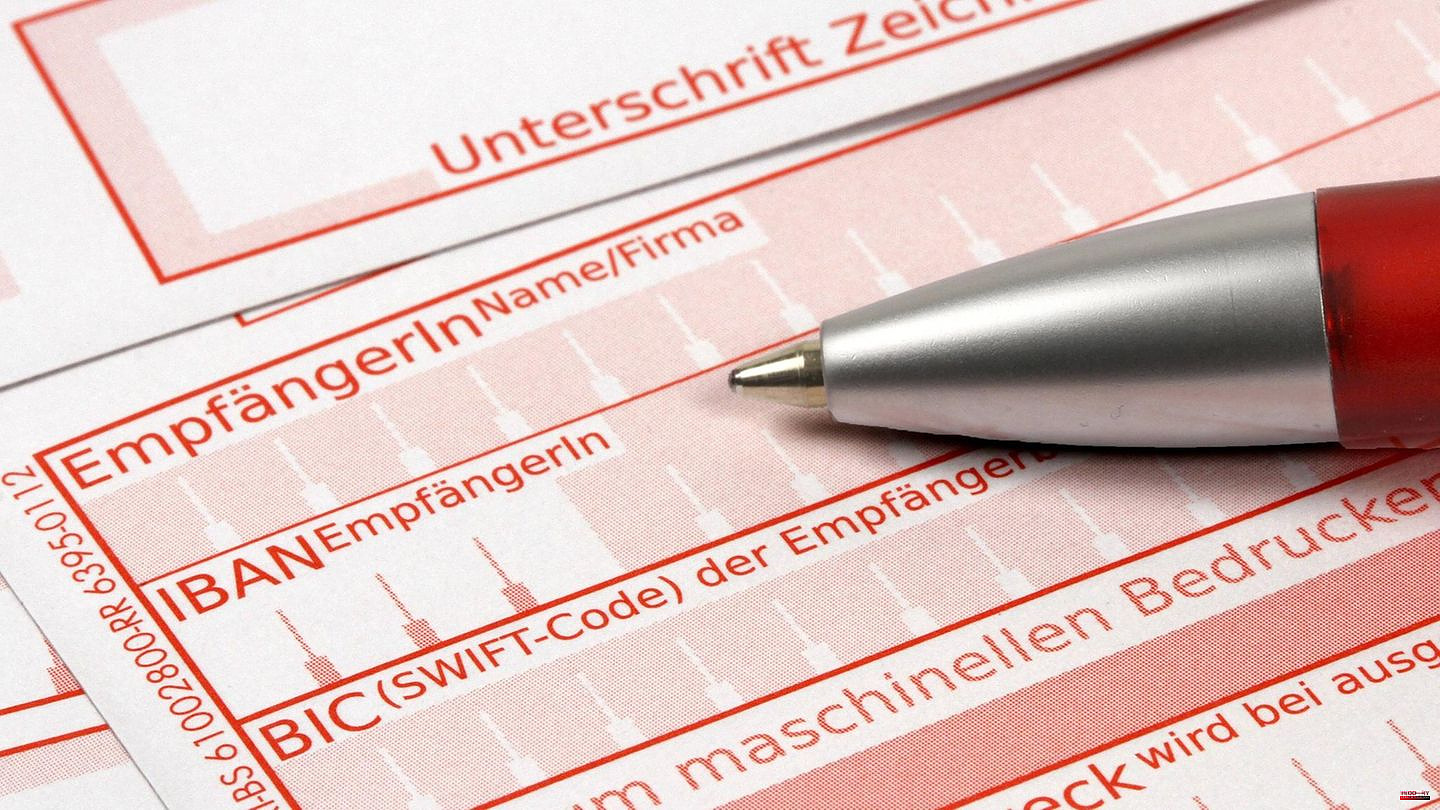If you want to send or receive money with conventional transfers, you still need patience: with the vast majority of banks, it still takes an average of one day for the money to reach the recipient's account. That should change now. According to a report in the "Süddeutsche Zeitung", real-time transfers are to become the new standard in the European Union. The newspaper refers to a draft law by the EU Commission.
Accordingly, all payment providers in the EU are to be obliged to offer real-time transfers - so-called instant payments - in addition to normal SEPA transfers. They are not allowed to charge extra for this. "Today it is simply no longer up-to-date when we have to measure payment processing in days and hours," said Markus Ferber (CSU), economic policy spokesman for the EPP group, of the "Süddeutsche Zeitung".
The technical possibilities for instant payments have existed for years. Transfers of up to 100,000 euros are possible, which should be carried out within just ten seconds. However, this procedure is rarely used. This is mainly due to the banks: The conventional "clearing" that is used for classic transfers is significantly cheaper. Not every transaction between the individual banks is actually made, as would be the case with real-time transfers. Instead, the banks collect the transactions up to a certain point in time and then only transfer the difference amounts to each other.
A standard switch to real-time transfers would therefore cost the banks money - investments that the EU Commission believes are "substantial but proportionate", as the "Süddeutsche Zeitung" quotes from the draft. According to the European Payments Council, almost 1200 financial institutions in Germany currently offer real-time transfers. In most cases, however, additional fees are due. The banks justify this with the higher IT effort.
Although real-time transfers bring advantages for the customer, there are also concerns among consumers. Some worry that if the money transfer is instantaneous, mistakes made in the transfer -- for example, an incorrect account number -- could have serious consequences. However, the EU Commission wants to oblige the banks to check whether the recipient name and account number match.
Sources: "Süddeutsche Zeitung" / "Tagesschau" / European Payment Council
Watch the video: Inflation is picking up not only in the USA, but also in Germany. What does that mean for our investments? Financial expert Joachim Schallmayer has tips for investors and an inflation forecast.







